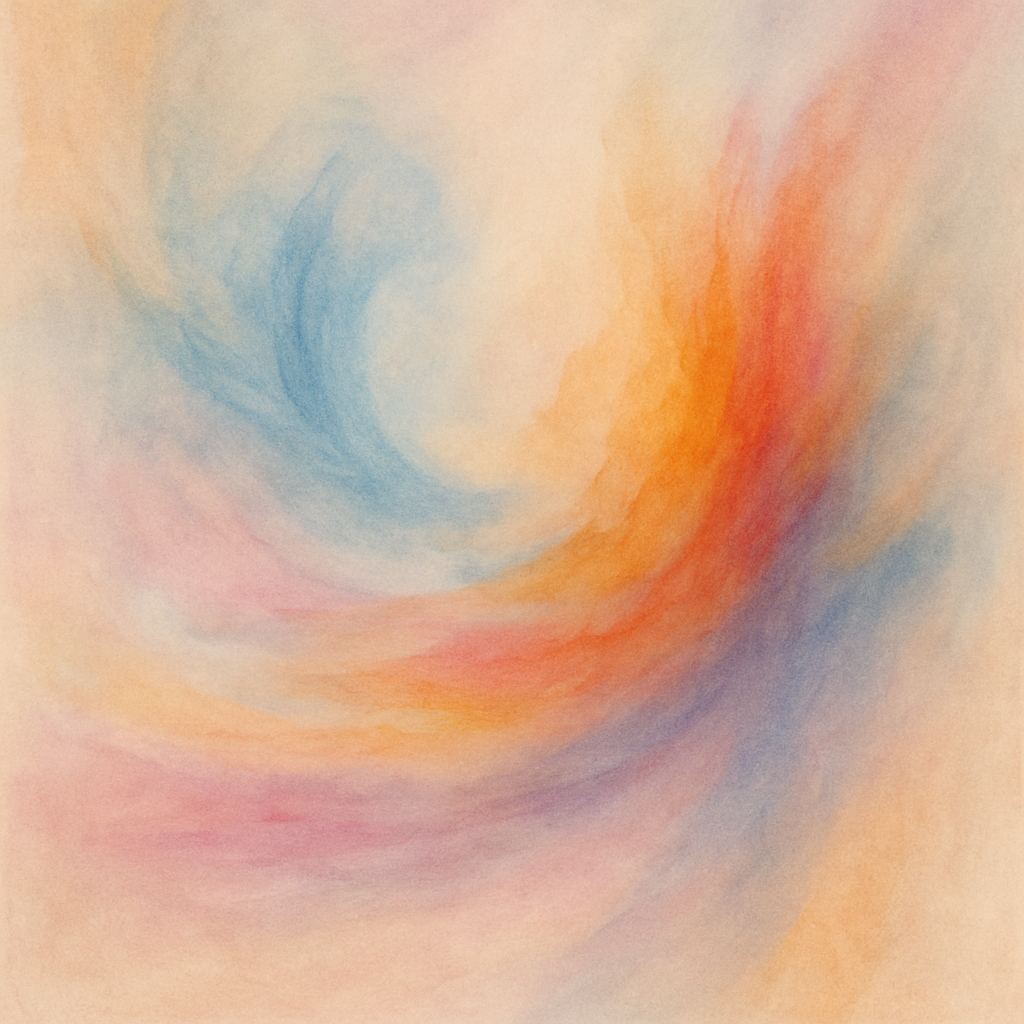letting the husk rest
When a part of you dies, don’t cling to the husk.
The older I get, the more I notice how I change — not just in body, not just in energy, but in desires.
What once felt like the height of excitement doesn’t stir me anymore. Shiny parties with wild antics used to feel like the place to be.
Now? I crave simpler things: walking my dog, spending the day with someone I love, going to the gym, stopping by the local coffee shop.
I almost hate to admit it: I’ve developed a taste for the mundane.
Someone I love has a tattoo on her wrist that reads “little things.” She embodies that phrase. She cooks a beautiful dinner just for the joy of it. She lives with few complaints. She still struggles, but she doesn’t resist her reality.
I notice how different I am. I’ve spent much of my life chasing “more.” It’s pushed me to grow, but it also keeps me restless, rarely satisfied with the present moment.
Lately I’ve been listening to Alan Watts’ audiobook Become What You Are. His words remind me of what her tattoo represents. He weaves together Zen, Daoism, and other philosophies that point us away from dualities — away from chasing some final arrival point. There is no ultimate answer, no destination. Life itself is the experience. Everything you are doing is already Zen.
We try to grasp reality with the intellect, but it’s like a mouth trying to eat itself. It cannot be done. So too, we cannot hold the whole of life. We can only live it.
For me, that means learning to let go. Releasing what once felt essential. Allowing myself to enjoy what I love now, while still leaving space for the occasional stretch into something new and uncomfortable.
But when a part of us no longer serves us, when it dies, maybe it’s okay to let it rest. We don’t have to keep loving what we once loved. We can allow ourselves to love what we love now, without forcing ourselves into the image of who we used to be.
